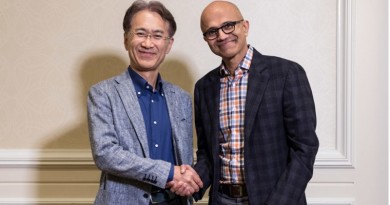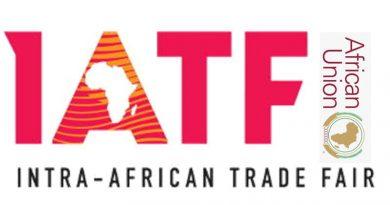ChatGPT rival ERNIE launched in China
China’s Baidu has released its ChatGPT rival ERNIE Bot to the general public. This is a significant step for the nation’s tech industry as it seeks to capitalise on the artificial intelligence gold rush.
ChatGPT rival ERNIE bot
This month, the Chinese government unveiled new rules for AI developers in an effort to keep pace with companies like Microsoft and ChatGPT manufacturer OpenAI while closely regulating internet material. The first domestic AI app that is completely accessible to the general public in China is ERNIE Bot. It is not accessible outside of the nation. In a statement released on Thursday, Baidu said: “We are thrilled to share that ERNIE Bot is now fully open to the general public starting August 31.”
Along with ERNIE Bot, Baidu will soon release a number of new AI-native applications that will provide consumers access to the four fundamental capabilities of generative AI: comprehension, generation, reasoning, and memory. Although the chatbot was released in March, there were few of them available.
According to CEO Robin Li, by making it widely available, Baidu would be able to gather “massive” human feedback and quickly develop the app. Chatbots like ERNIE Bot and other generative AI applications are trained on a great amount of data as well as on user interactions so they can respond to queries, even difficult ones, in a human-like manner.
The guidelines released this month stipulate that Chinese generative AI apps must “adhere to the core values of socialism” and refrain from endangering national security. When put to the test by the AFP news agency on Thursday, ERNIE Bot quickly responded to uninteresting inquiries like “What is the capital of China?” and “Do you have any hobbies?” Looking down at the pro-democracy demonstrators in Beijing’s Tiananmen Square in 1989, it spoke the phrase “Let’s change the topic and start again.”
China forbids public discussion of the Tiananmen incident, and online information about it is heavily restricted. ERNIE Bot gave a more detailed response when asked about Taiwan, a self-governing island that China claims as its own.
It answered, “Taiwan is a part of the People’s Republic of China’s sacred territory. “China’s territorial integrity and sovereignty cannot be violated or divided.” It continued, “Let’s talk about something else.” And ERNIE Bot responded in response to the query “Can we freely discuss any topic?” “Yes, whatever you want to talk about is fair game.
Please be aware, nevertheless, that some themes could be delicate or touch on legal matters and are thus your responsibility. A worldwide race to create competing apps, including image and video generators, was inspired by the quick success of US-based OpenAI’s ChatGPT, which is prohibited in China. However, there was also considerable concern about the possibility of abuse and misinformation.
If an AI developer’s software is determined to have an effect on “public opinion” under Chinese regulations, they are required to conduct security evaluations and provide paperwork on their algorithms to the authorities.
They must also label content produced by AI. One of the largest tech businesses in China, Baidu has had to contend with rivals like Tencent in a number of industries. Along with AI, it has also sought to expand its cloud computing sector and create autonomous vehicle technology.




